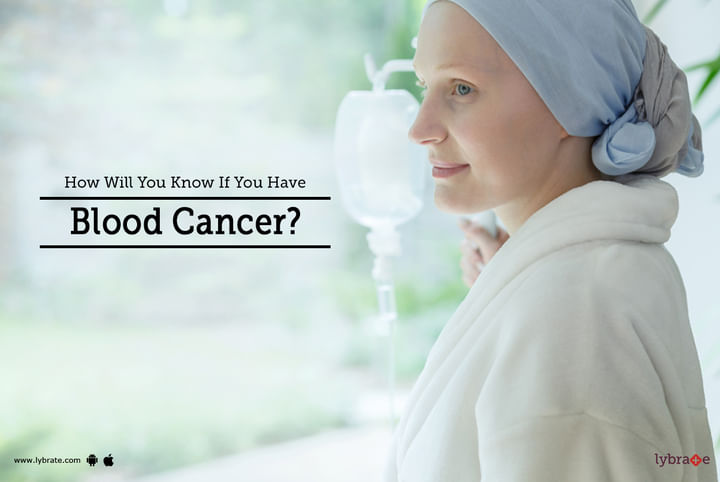How Will You Know If You Have Blood Cancer?
Unlike some forms of cancer, blood cancer has no regular screening tests presently. The doctors solely depend on patients coming in with the warning signs before sending them to sophisticated testing centers. Therefore, a large load of early detection of blood cancer lies with us knowing what the warning signs are.
Different forms of blood cancer have different symptoms
There are broadly three forms of blood cancer-
- Leukaemia: This form of blood cancer causes abnormalities in the bone marrow, which start producing cancerous white blood cells.
- Lymphoma: This is the cancer of the lymphatic system responsible for the immunity of the body.
- Myeloma: This blood cancer is caused due to abnormally multiplying plasma cells that deteriorate the immune system of the body.
However, all forms of blood cancer have some common warning symptoms including-
- Bleeding and bruising, especially of gums
- Low back pain in the elderly
- Persistent infections and fever
- Excessive and uncontrolled bleeding
- Shortness of breath
- General weakness and body aches
The symptoms change with age
Since different types of blood cancer become more likely at different ages, the symptoms also vary with age. Below 25 years of age, Lymphoblastic Leukaemia is more common and have symptoms including stomach and joint pain which can indicate. Between the ages of 25-49, Acute Myeloid Leukaemia is a common presentation with symptoms such as fatigue, bruising, and recurrent infections. At ages more than 50, the patients present with sudden weight loss, fever, swollen lymph nodes, and fatigue, indicating a possible Chronic Lymphocytic Leukaemia.
Your symptoms vary with the stage of the blood cancer
Stage 1:
Stage 1 blood cancer shows enlargement in the lymph nodes is observed from the sudden increase in lymphocytes in the body, a common indication of infection in the body. The risk is minimum, and the chances of recovery are maximum at this stage. Usually, the cancer is yet to spread to various parts of the body and mostly localized.
Stage 2
The spread begins at this stage. The lymphocyte count increases rapidly causing enlargement of organs like the liver, spleen and lymph nodes.
Stage 3
The risk becomes significant at this stage with the liver and spleen extremely enlarged. Anaemia is a common presentation.
Stage 4:
In this final stage of cancer, the immune system of the body shatters and the platelet count drops resulting in severe anaemia. The cancerous cells have by now spread to the lungs and other vital organs. Chances of survival at this stage are extremely bleak.
As evident, early detection and treatment is key to surviving blood cancer. Since the symptoms are commonplace, people tend to ignore them until matter become grave and even fatal. It is best to consult a specialist, especially if you have a family history of cancer, to increase your odds of early detection while you still have a fighting chance.



+1.svg)
